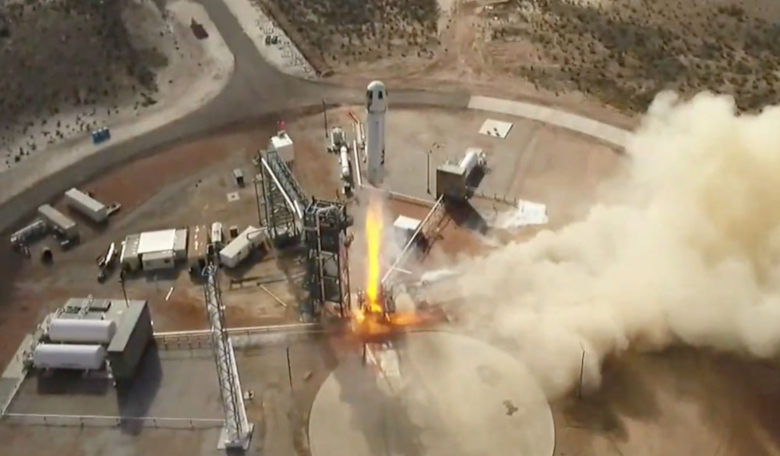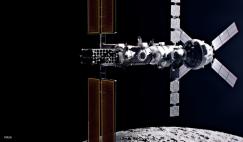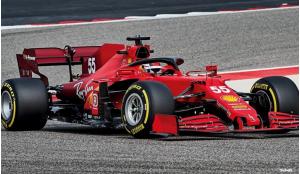Jeff Bezos’ Blue Origin launched the 12th crewless test of its New Shepard rocket on Wednesday on a successful up-and-down flight to the edge of space.
The capsule reached a maximum ascent velocity of 3576 kilometres per hour (2,222 miles per hour) and an altitude of 106 kilometres (346,727 ft) in its 10 minute 16 second flight.
Depending on which scale you use, the “boundary” between the discernible atmosphere and space is either 80.5 kilometres (50 miles) if you are NASA, the US Air Force or the US Federal Aviation Administration, while the Fédération Aéronautique Internationale, an international governing body for aviation-related sports and records, puts the threshold at 100 kilometres (62 miles).
This mission was another step towards verifying New Shepard for human spaceflight as we continue to mature the safety and reliability of the vehicle.
One day, a capsule affixed to the rocket's summit will carry six astronaut passengers on a trip that accelerates to more than Mach 3 and experiencing forces equal to three times Earth’s gravitational force, lasts a total of 10 minutes and reputedly costs half a million dollars.
The company had targeted late 2019 for its first flights with passengers on board, but as the year draws to a close that goal now appears all but impossible.
“As we move towards verifying New Shepard for human spaceflight we are continuing to mature the safety and reliability of the vehicle,” Blue Origin said in a news release.
Blue Origin has so far reused two boosters five times each consecutively, so the launch marks a record with this booster completing its 6th flight to space and back with minimal refurbishment between flights.
This particular rocket has been an operational payload vehicle for several flights, meaning there are no more updates to the system. For yesterday's flight, the capsule carried Blue Origin's ninth commercial payload, which included a recycling experiment to harvest useful gases from common waste on deep space missions, two high school and middle school art experiments and an undergraduate experiment from Columbia University to look at the effects of zero gravity on cell biology.











